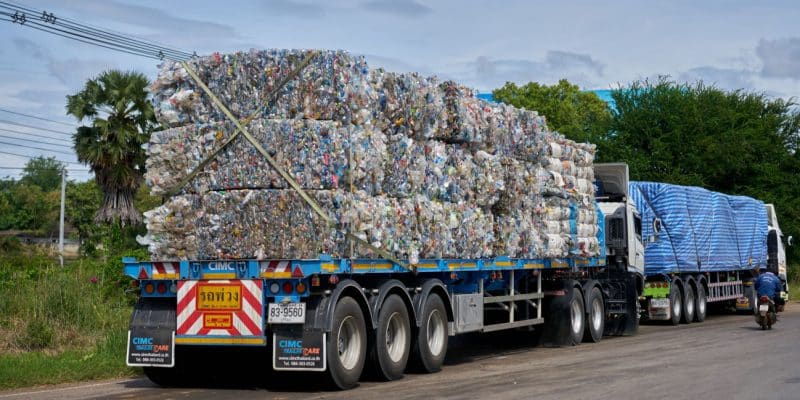Enaleia is partnering with US-based environmental product development and management company ClimeCo to implement a sanitation project in Kenya. The initiative aims to collect between 1,000 and 3,000 tonnes of plastic waste per year from vital fishing grounds in the country.
ClimeCo is joining forces with Greek organisation Enaleia in the fight against plastic pollution in Kenya. The partnership agreement between the two parties was signed on 14 September 2022. Under the terms of the agreement, the US company ClimeCo will inject funds into Enaleia’s new clean-up project.
The ongoing initiative supports Kenyan fishermen by providing them with the means to collect discarded nets, gear and marine litter. “Considering that about 20% of ocean plastic is lost fishing gear, by empowering fishing communities at this scale, we can not only clean up significant amounts of plastic, but also prevent further plastic pollution of the oceans,” explains Lefteris Arapakis, Enaleia’s co-founder and director.
In Kwale County, Kenya, more than 350 fishermen are already benefiting from the project. This number is expected to rise to 800 in the coming months, according to the non-profit organisation. “The waste collected is taken to the Kwale recycling centre, which transforms it into useful materials and products,” says ClimeCo.
Preserving marine biodiversity
As part of its project, Enaleia also generates plastic credits that can be accessed through the Verra registry, a platform that records all projects (listed and registered) and plastic credits issued as part of a plastic programme. Each plastic credit represents the collection or recycling of one tonne of plastic, which can be used in ESG (environment, social and governance), CSR (corporate social responsibility) and corporate sustainability programmes.
Read also –
ClimeCo’s funding, combined with the sale of the credits, will thus improve the efficiency of Enaleia, which now plans to collect between 1,000 and 3,000 tonnes of plastic waste per year from Kenya’s coastline. This will help reduce marine pollution, with a positive impact on aquatic biodiversity and fisheries. Currently, Kenya generates an average of 480 tonnes of plastic waste per day according to the National Environment Management Authority (NEMA).
Inès Magoum






